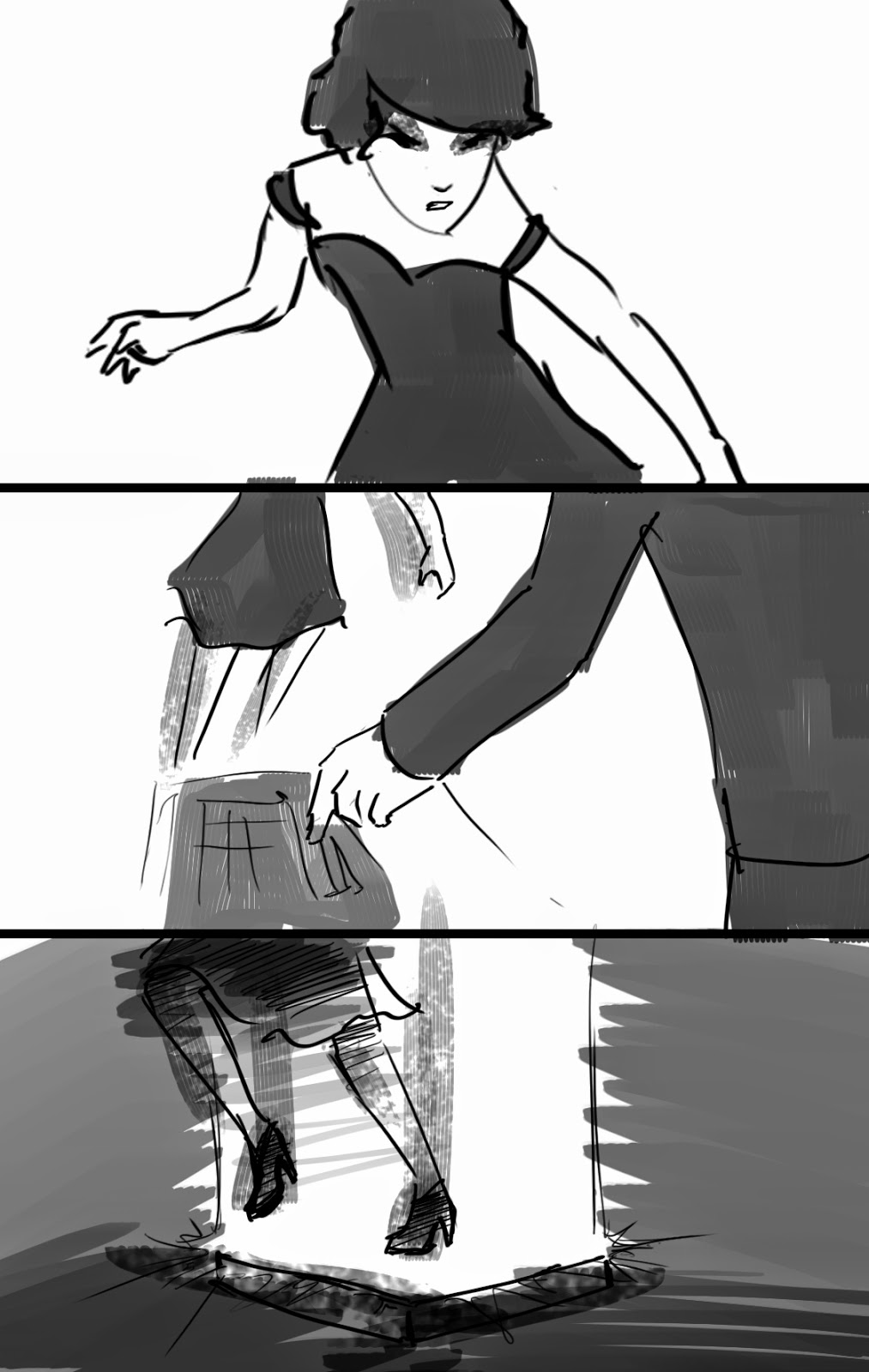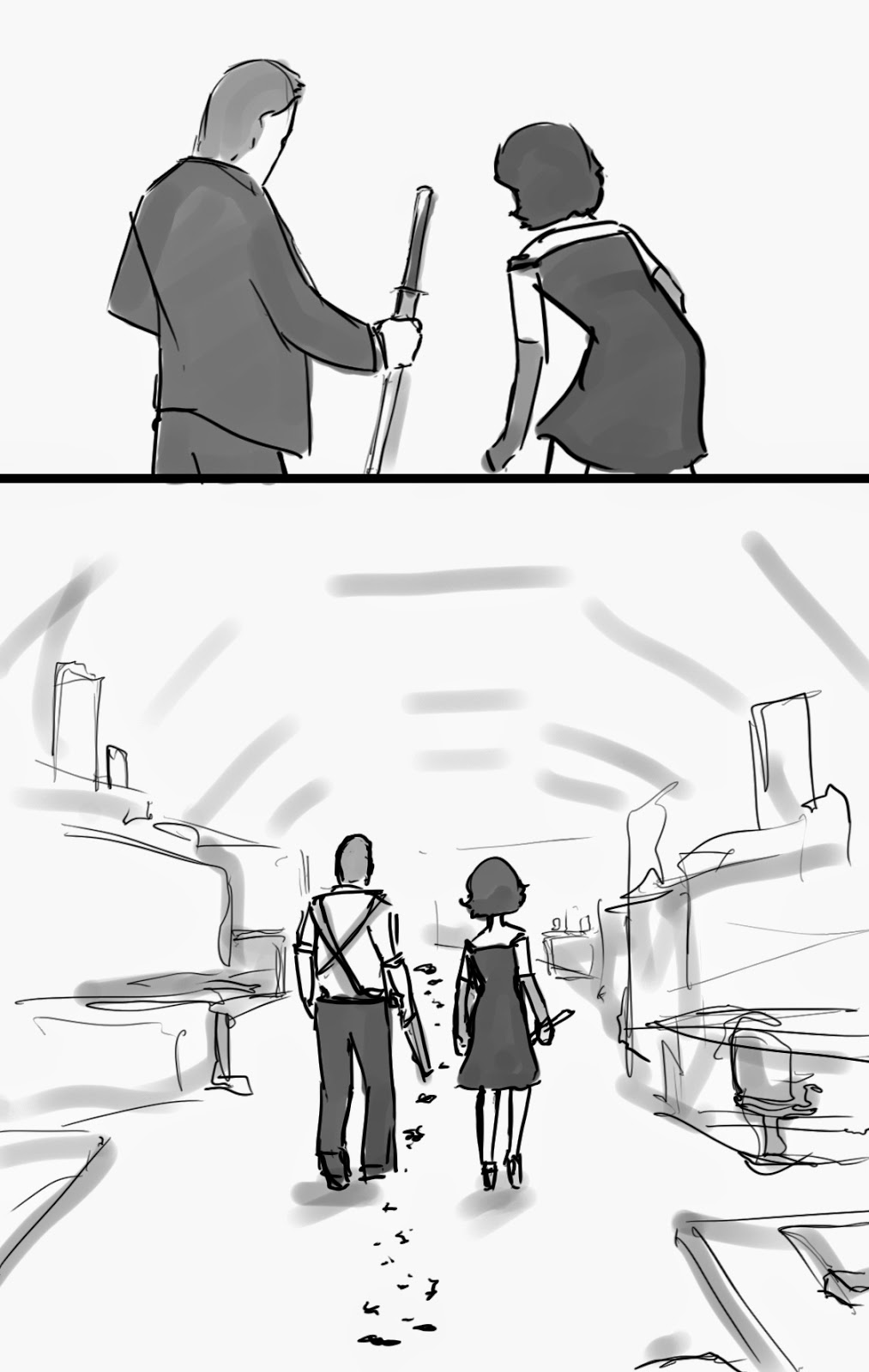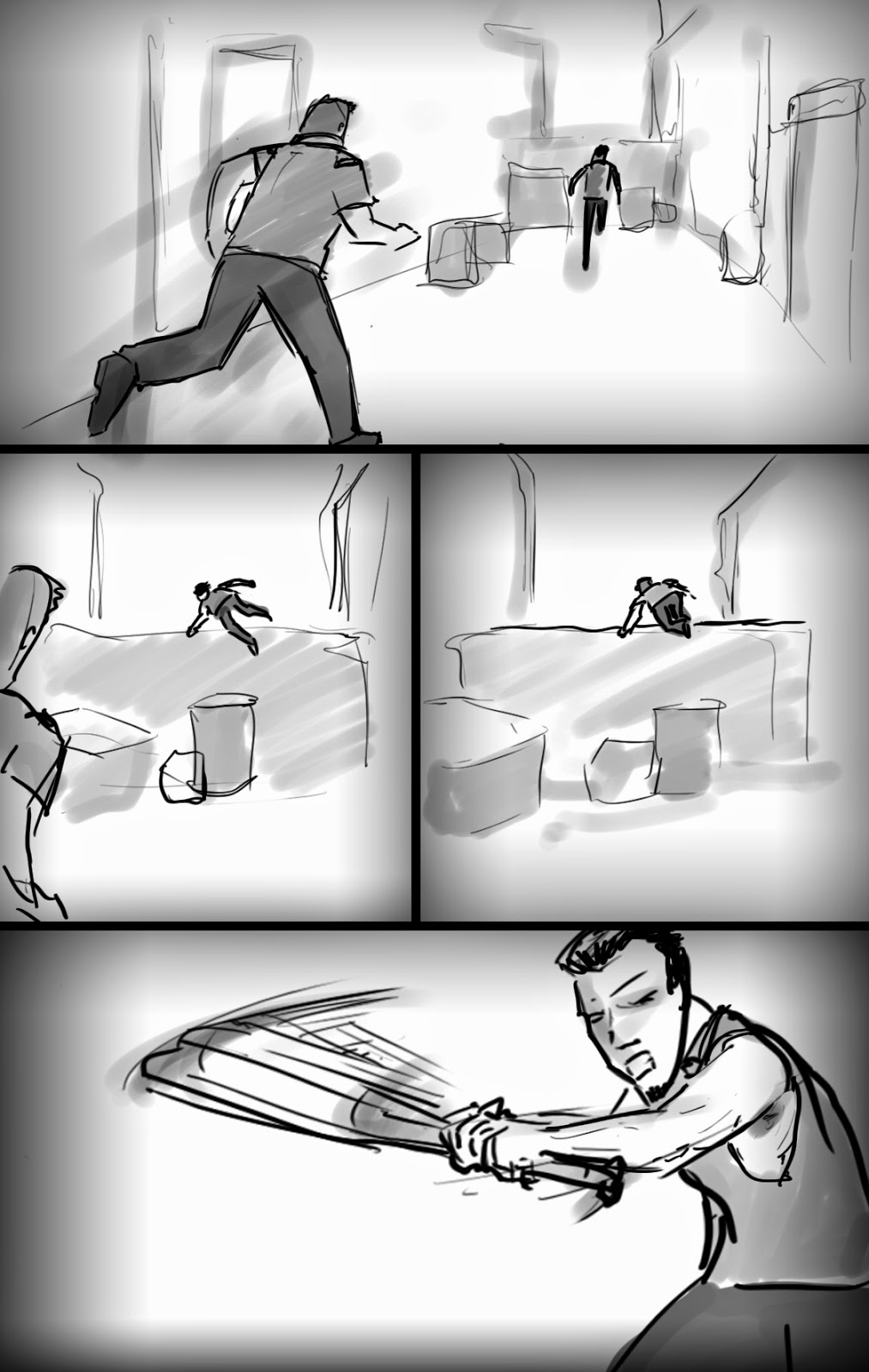It seems that spending time is not quite enough, though. There is a particular kind of practice (often called "deep" or "deliberate" practice), which is the most beneficial to development. There are several things that experts agree are key to achieving this kind of practice.
1. It must be targeted specifically and repeatedly to what you're worst at.
2. You must be constantly responding to critical feedback.
3. The difficulty of the tasks must be just outside of what you're currently able to achieve.
4. It must require deep concentration, and be mentally draining.
There's one word that captures almost all of this, and that is struggle. The only way to do well is to spend as much time as possible struggling. There's even another point that could be added.
5. It must not be enjoyable.
We often fall into the trap of thinking that if we could only become really good at something, such as playing an instrument, then we would really enjoy working on it. But unfortunately the reality seems to be that the only way to get good is to not enjoy the time you spend practicing. In fact, if you ever did start to enjoy practicing, it would be a sign that you were no longer getting any better.
 |
| so paint, much relax |
We're all trained to believe that we struggle because we are bad at something and work effortlessly when we're good at something. Self-esteem gets tied up in our assessments of our skills, and in almost all cases, we take the fact that our practice is a struggle as a reason to feel bad.
But this is all backwards.
When you're struggling against the extent of your abilities, it means you're working expertly and contributing optimally to your development. And if striving for expertise is your thing, nothing should make you feel better.
It may not be possible to make the most beneficial practice truly enjoyable, but it should definitely allow you to feel proud of your efforts.

























































